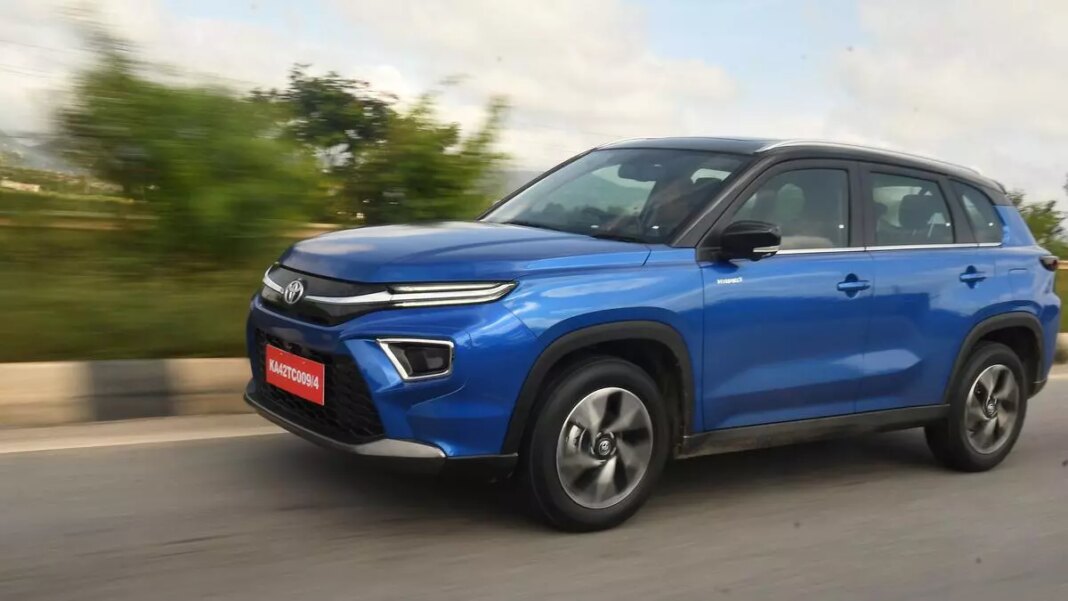In Short:
The Uttar Pradesh government decided to maintain zero registration costs for electric and strong hybrid vehicles, disappointing automakers like Hyundai and Tata. A meeting highlighted that only 1.5% of vehicles sold in the state are EVs or hybrids, with plans to encourage more eco-friendly vehicles. The policy is set until October 2025, with potential future reviews depending on technology advancements.
Uttar Pradesh Government Stands Firm on EV Registration Costs
In a surprising turn of events for major automotive players like Hyundai Motor India (HMIL), Mahindra & Mahindra (M&M), Tata Motors, and Kia India, the Uttar Pradesh (UP) government has announced that their current policy will remain unchanged. This means that both electric vehicles (EVs) and strong hybrids will continue to enjoy a zero registration cost within the state.
Deliberations with Industry Stakeholders
A crucial meeting took place on Sunday in Lucknow, led by UP Chief Secretary Manoj Kumar Singh. Stakeholders from the auto industry gathered for a two-hour discussion where this decision was reached.
According to sources closely following the meeting, the rationale behind the policy is clear: “Currently, only 1.5 percent of EVs and 1.5 percent of hybrid vehicles are sold out of the total passenger vehicles in UP. This leaves 97 percent as traditional internal combustion engine (ICE) vehicles, highlighting the pressing need to boost the percentage of alternative fuel-powered vehicles,” they shared with BusinessLine.
- Also read: Lamborghini welcomes UP government’s decision on no registration cost to hybrid cars
Concerns of Automotive Giants
Back on August 2, a collective voice arose from companies including HMIL, Kia India, Tata Motors, and M&M, who expressed their concerns to the UP government. They opposed the recent decision, made on July 5, to incentivize strong hybrid vehicles, fearing it would stall the momentum towards electric vehicle adoption.
The automakers noted that while hybrid technology might be poised for uptake in specific segments, it wouldn’t significantly aid the transition to greener solutions, particularly as fossil fuels remain entrenched in original equipment manufacturer (OEM) strategies to meet fuel efficiency norms.
Moreover, they argued that hybrid technology is primarily designed for premium segments, and any incentives could derail electrification efforts, diverting substantial government funds towards hybrid vehicles instead.
Looking Ahead: Policy Review
In response to the industry’s concerns, the Chief Secretary reiterated the government’s commitment to increasing the proportion of environmentally friendly vehicles in UP. “To achieve this, we must take such steps, and we will continue to explore more alternatives moving forward,” he affirmed.
He also indicated that while the current policy is set to remain in place until October 2025, the low penetration rates of EVs and hybrids mean that future policies can certainly be tailored as technology evolves and market conditions change. An official commented, “The conversations about hybrid vehicles’ registration fee waivers are ongoing and will be revisited as the landscape for alternative fueled vehicles develops.”





